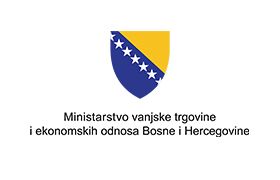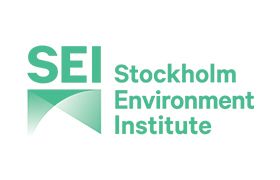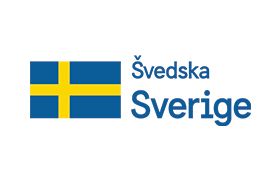GESEP is key for the success and sustainability of BiH SuTra
Research shows that environmental initiatives that neglect social dimensions often fail to achieve their desired outcomes and exacerbate existing inequalities. Studies also highlight the interconnectedness of gender disparities, social inequities, and poverty, and their impact on sustainable development. The Sustainable Development Goals can only be achieved by actively promoting gender equality, social equity, and poverty eradication since gender equality, social equity, and poverty eradication are both a goal and a condition. A gesep approach acknowledges that sustainable development goals cannot be achieved without actively promoting gender equality, ensuring social equity, and uplifting marginalized communities affected by poverty.
BiH SuTra thus includes a deep focus since gender equality, social equity and poverty reduction are fundamental for achieving a just transition. But a gesep approach is also necessary for energy transitions to be successful; by addressing gender disparities and promoting equal opportunities for people of all genders, and by promoting equitable opportunities for all, BiH SuTra contributes to tapping into the full potential of all individuals, fostering innovation, resilience, and social cohesion. By considering the needs and aspirations of marginalized groups, vulnerable communities, and individuals affected by the transition, the project can prevent further social inequalities and ensure that the benefits of sustainable development are shared equitably. Overall, by integrating gender equality, social equity, and poverty lens, BiH SuTra fosters a more just, inclusive, and sustainable transition, leaving a positive and lasting impact in Bosnia and Herzegovina, transforming the transition process into an opportunity for positive change and shared prosperity for all.
Publications
Learn more about how environmental topics in BiH are interlinked with gender equality, social equity and poverty reduction from the discussion briefs. These discussion briefs and reports were produced within the project BiH ESAP (Development of the Environmental Strategy and Action Plan of Bosnia and Herzegovina, www.esap.ba) in 2021.
- Air pollution in Bosnia and Herzegovina: a gender equality, social equity and poverty reduction lens
- Waste management in Bosnia and Herzegovina: a gender equality, social equity and poverty reduction lens
- Chemical safety & noise pollution in Bosnia and Herzegovina: a gender equality, social equity and poverty reduction lens
- Climate change and natural hazards in Bosnia and Herzegovina: a gender equality, social equity and poverty reduction lens
- Strengthening environmental policy in BiH with a gender equality, social equity and poverty reduction approach
- Mainstreaming equity considerations into environmental policymaking: the case of the Bosnia and Herzegovina Environmental Strategy and Action Plan

 Banovici
Banovici
 Breza
Breza
 Gacko
Gacko
 Gradiška
Gradiška
 Kakanj
Kakanj
 Ugljevik
Ugljevik
 Živinice
Živinice
 Ministarstvo vanjske trgovine i ekonomskih odnosa BiH
Ministarstvo vanjske trgovine i ekonomskih odnosa BiH
 Stockholm Environment Institute
Stockholm Environment Institute
 Sweden
Sweden